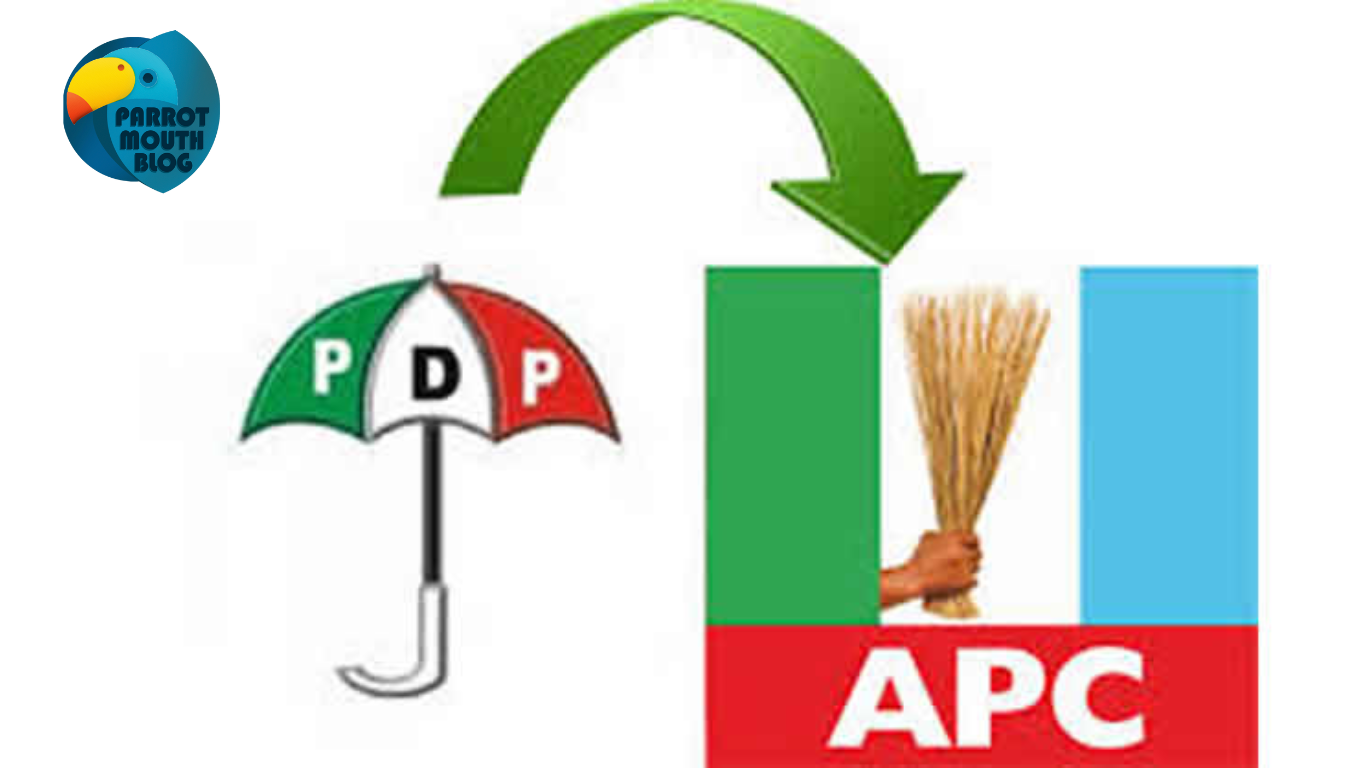Nigeria’s Peoples Democratic Party (PDP) has strongly rejected a Canadian court decision that classified both the PDP and the ruling All Progressives Congress (APC) as terrorist organizations.
The ruling came during an asylum case involving Douglas Egharevba, a former member of both parties.
Canada’s Federal Court upheld an earlier decision denying him asylum, declaring him inadmissible under the country’s immigration laws.
Egharevba had been a PDP member from 1999 to 2007 before switching to the APC until 2017. When he moved to Canada that year, he disclosed his political background to authorities.
Canadian intelligence reports linked both parties to electoral violence, including politically motivated killings during various Nigerian elections.
The Immigration Appeal Division pointed to incidents during the 2003 state elections and 2004 local government polls, citing ballot stuffing, voter intimidation, and violence against opposition supporters.
Justice Phuong Ngo ruled that under Canadian law, simply being a member of an organization linked to terrorism or democratic subversion is grounds for inadmissibility, even without proof of personal involvement.
PDP Deputy National Youth Leader Timothy Osadolor dismissed the court’s reasoning, emphasizing that both Nigeria and Canada are democratic nations where such serious allegations require careful consideration.
“Labelling an entire political party as a terrorist organisation is wrong,” he said.
Osadolor acknowledged that some individuals in government might have questionable connections, but argued it’s unfair to condemn entire political parties based on isolated cases.
Former Nigerian National Petroleum Corporation spokesperson Olufemi Soneye warned that the ruling creates a dangerous precedent by equating political membership with terrorism.
He expressed concern that this could affect Nigerians abroad through visa denials, asylum rejections, and increased scrutiny in other Western countries.
Soneye worried the decision could discourage young Nigerians from participating in mainstream politics, fearing they might be labeled terrorists simply for joining political parties.








